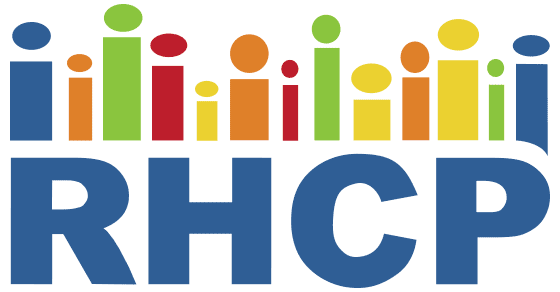Community-Engaged Bidirectional Crisis and Emergency Risk Communication With Immigrant and Refugee Populations During the COVID-19 Pandemic
SAGE Publishing and Public Health Reports 2022
During the COVID-19 pandemic, RHCP adapted a crisis and emergency risk communication (CERC) framework to support immigrant and refugee communities in southeast Minnesota. Communication leaders from six ethnic groups delivered messages in seven languages using platforms like social media, phone calls, and texts. These messages focused on prevention, testing, and the social and economic impacts of the pandemic. Leaders also gathered feedback from their communities, which helped refine messages and inform local policies. Over nine months, the intervention reached nearly 40,000 people and was seen as credible, timely, and culturally relevant.
The program’s success was rooted in trust, collaboration, and real-time responsiveness. Communication leaders felt empowered and supported, and their efforts led to tangible changes, such as improved access to resources and adjustments to regional health policies. RHCP’s long-standing partnership and commitment to community engagement made the intervention sustainable beyond initial funding. The experience showed that bidirectional communication—where information flows both to and from communities—is essential for effective public health messaging, especially in times of crisis.
